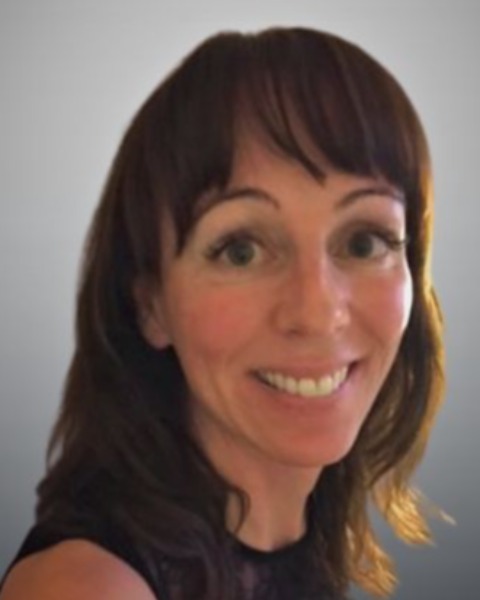
Karolin Hansén Nord, PhD
Senior Lecturer
Lund University, Sweden
I have studied somatic mutations in cancer for 18 years and have been an active teacher in the fields of cancer and genetics for 15 years. My research aims are to identify novel biomarkers for clinical decision making and develop novel treatment strategies for high-grade cancer. My current research program has paved the way for novel insights into the biology behind osteosarcoma. The genetic alterations underlying osteosarcoma are among the most complex found in cancer. This is surprising because osteosarcoma primarily affects children and adolescents, who have not lived the long life thought necessary to accumulate massive amounts of mutations. In fact, how massive genome rearrangements confer a competitive advantage to a cancer cell has remained an enigma. Genome integrity in osteosarcoma is generally lost together with disruption of normal TP53 gene function. This gene is known as the guardian of the genome, and it is mutated in most cancers that we cannot cure today. My preliminary data provide direct evidence for a novel mechanism that explains how complex chromosome alterations per se can drive cancer progression. More specifically, I suggest that cancer cells not only abolish the normal function of the TP53 gene to guard genome integrity. But in addition, cancer genes hijack the promoter region of the TP53 gene and paradoxically restore parts of the lost TP53 pathway, turning the cancer cell into a wolf in sheep´s clothing.
